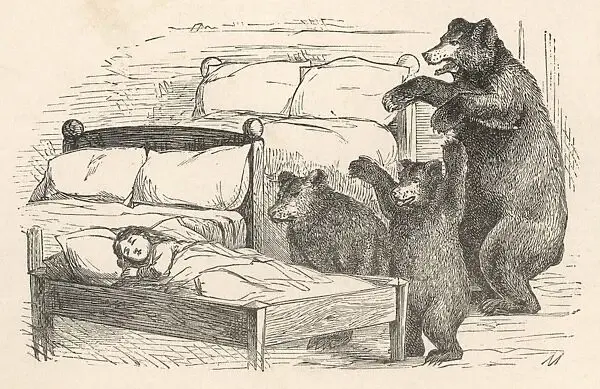Just right
- Colin Fleming

- May 21, 2024
- 3 min read
Tuesday 5/21/24
I've worked more on "The Bird." You have to be like how Goldilocks was with porridge and beds. It has to be just right. I think I've created something amazing. The story is called "The Bird" because of how it is written. The text makes the title. And the larger idea.
The ending of a great story, because of everything that led up to it, and what it is as the next and final part, can be the most powerful thing in the world emotionally.
What happens with all of these writers of "literary fiction" is they have no story to tell, and they just stop. A story was not developed, characters certainly weren't, and then they call it a day. It's one of their "moves," an attempt to con you, the reader, that they're "deep."
I see it again and again in reviews from honest people who were suckered into buying this book that they hate by some on-the-take lying puff piece review in The Washington Post or The New York Times. "The story just ended randomly," these readers say time and again. It makes sense. How do you end something that isn't a story, that's entirely lacking in anything all along? Why do you think these people do so much perfunctory description? They have nothing to say, so they're trying to fill up a word/page count. When they get to the word/page count, they just stop. The end.
A story always has to be going somewhere. It has to be building. That doesn't mean just going up and up and up. There are all kinds of ways to build, and many of those ways may happen in a single work. Happening at once. But you can never be going around in circles. There can't be holding patterns. The pulse of progression must always be firm. It can be an undertone. It can be detected by the reader subconsciously. You may have the most prolix work ever, but that pulse need be there. Even with this journal. It is the longest work of literature in history. That's a fact. It's comprised of so many tones and rhythms and emotions and ways and voices, but it has that pulse of progression. It always feels like we're moving, doesn't it? That's because we are.
A work of fiction can't stall. "Digressions" must not really be digressions--they're part of the movement forward. We can go backwards, but that must be a form of moving forwards. Narratively, emotionally. And more. Spiritually. I'm not talking your god or my god or anyone's god. I'm talking about when it comes to your soul.
My story "The Bird" is about a creature that people would think of as small. So this isn't a hawk. But the bird doesn't see itself that way. Nor does it think it's large. Everything that we learn about this bird isn't just a bird thing. You don't even notice it happening, because the story is very true to the bird and how the bird is, what the bird is doing, but there's nothing that's said about the bird that couldn't be applicable to people. If it's not applicable to someone, it's because of how they're not being--not because of what they couldn't do.
If you pay close attention to animals, you'll see things in them that you should see in us, but we rarely do. I think humans can be pretty arrogant. I'm not talking now about all the narcissism we see these days. And we certainly have more evidence of that than ever before. We are a race of narcissists, by and large.
No, what I'm talking about now is this automatic presumption that we're this higher form of life and all others, at least in this world, are below us. (We tend to reserve judgment for those who might be on the other side of the galaxy.)
Are they? I don't think that's true. I think a person can be something that nothing else can, but it's very rare that any human does that. Most of us squander our chance. Your chance covers the whole of your life. It's not like, "Oh, damn, I missed the window on Wednesday morning."
A bird is a bird to the fullest of its abilities. But a human isn't a human like a bird is a bird. Being as human as you can be has nothing to do with out you come so there you are.




Comments